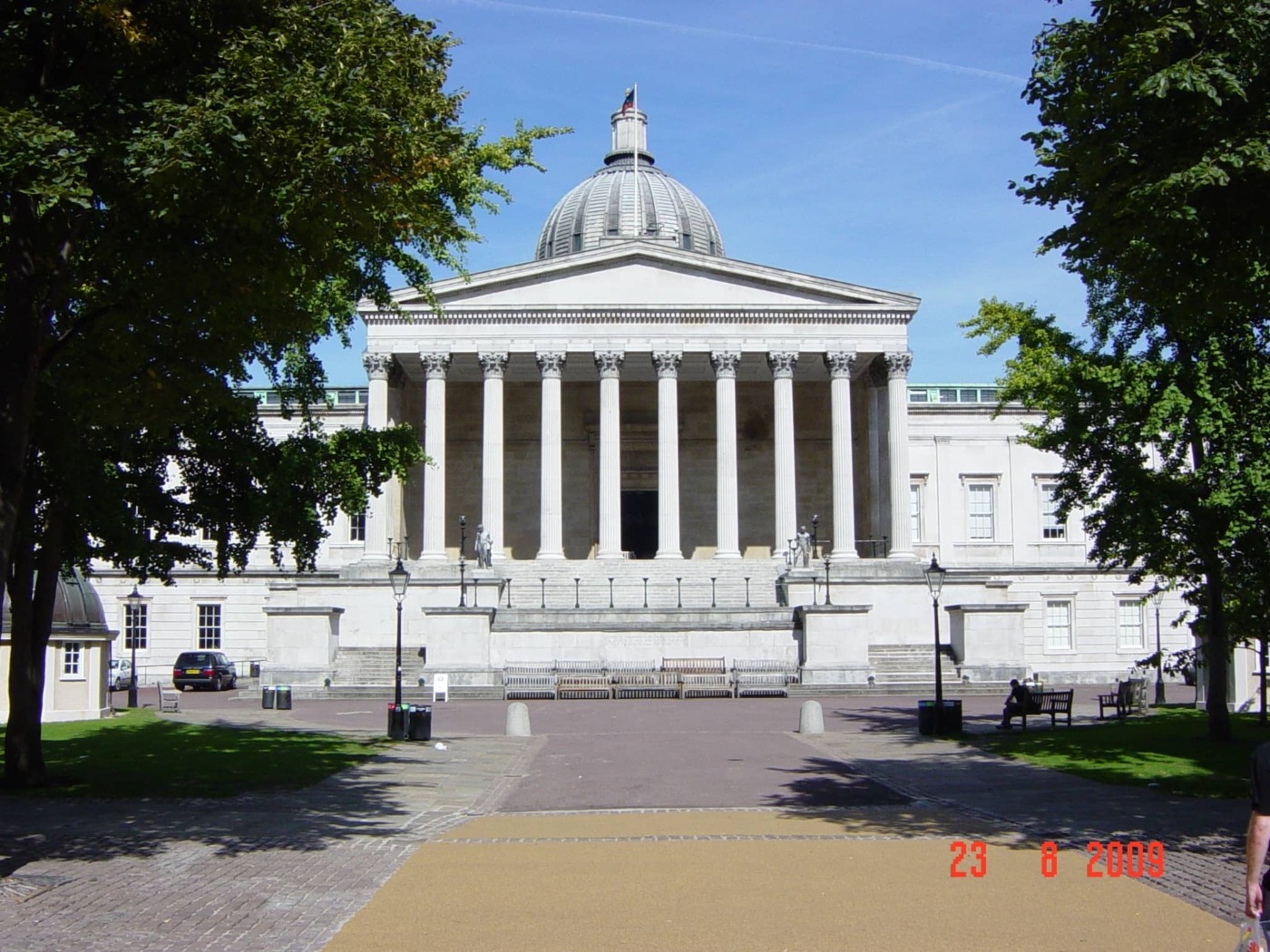UCL makes formal apology for its history and legacy of eugenics
University College London has issued a public apology for its role in the development, propagation and legitimisation of eugenics.
In a statement issued on 7 January, the university expressed “deep regret” for its involvement. It also promised to improve conditions for disabled staff and students, and pledged to give “greater prominence” to teaching the malign legacy of eugenics.
It says: “We recognise that the legacy of eugenics is ongoing and we commit to closing down any opportunity for this legacy to continue unacknowledged and unchallenged.
“We operate in a climate of academic freedom, but we recognise that the right to freedom of expression is not unfettered.
“UCL pledges to continue to confront is history of eugenics and ongoing legacies openly and critically, and to ensure that UCL staff and students are enabled to do the same.”
This apology is in part a response to an independent inquiry held last year, led by Iyiola Solanke, after the revelation that on of UCL’s honorary academics had hosted secret conferences on eugenics and intelligence on its campus.
“We recognise that the legacy of eugenics is ongoing and we commit to closing down any opportunity for this legacy to continue unacknowledged and unchallenged.”
–University College London Spokesperson
Solanke’s measures for helping the institution address its “problematic” history with eugenics included “a meaningful and effective apology”, and renaming buildings named after scientists Sir Francis Galton and Karl Pearson.
UCL renamed buildings and lecture theatres dedicated to Galton and Pearson last year, and recently stripped the name of Ronald Fisher, who followed Pearson as professor of eugenics, from a research centre.
The apology was made on behalf of UCL by president and provost Professor Michael Arthur, who said: “UCL considers its history of involvement in eugenics to be in direct contradiction to its founding values of equality, openness and humanity.
“As a community, we reject eugenics entirely and are taking a range of actions to acknowledge and address our historical links with the eugenics movement. These actions – including our public apology today – are important steps towards understanding and acknowledging inequality within our institution and acting to ensure that UCL becomes fully inclusive for all our staff and students.”
Joe Cain, a professor of history and biology at UCL who refused to sign Solanke’s report believing it did not go far enough, said: “The apology is great and I’m delighted to see this happen before the provost leaves because I know how important it was to him.”

Comments